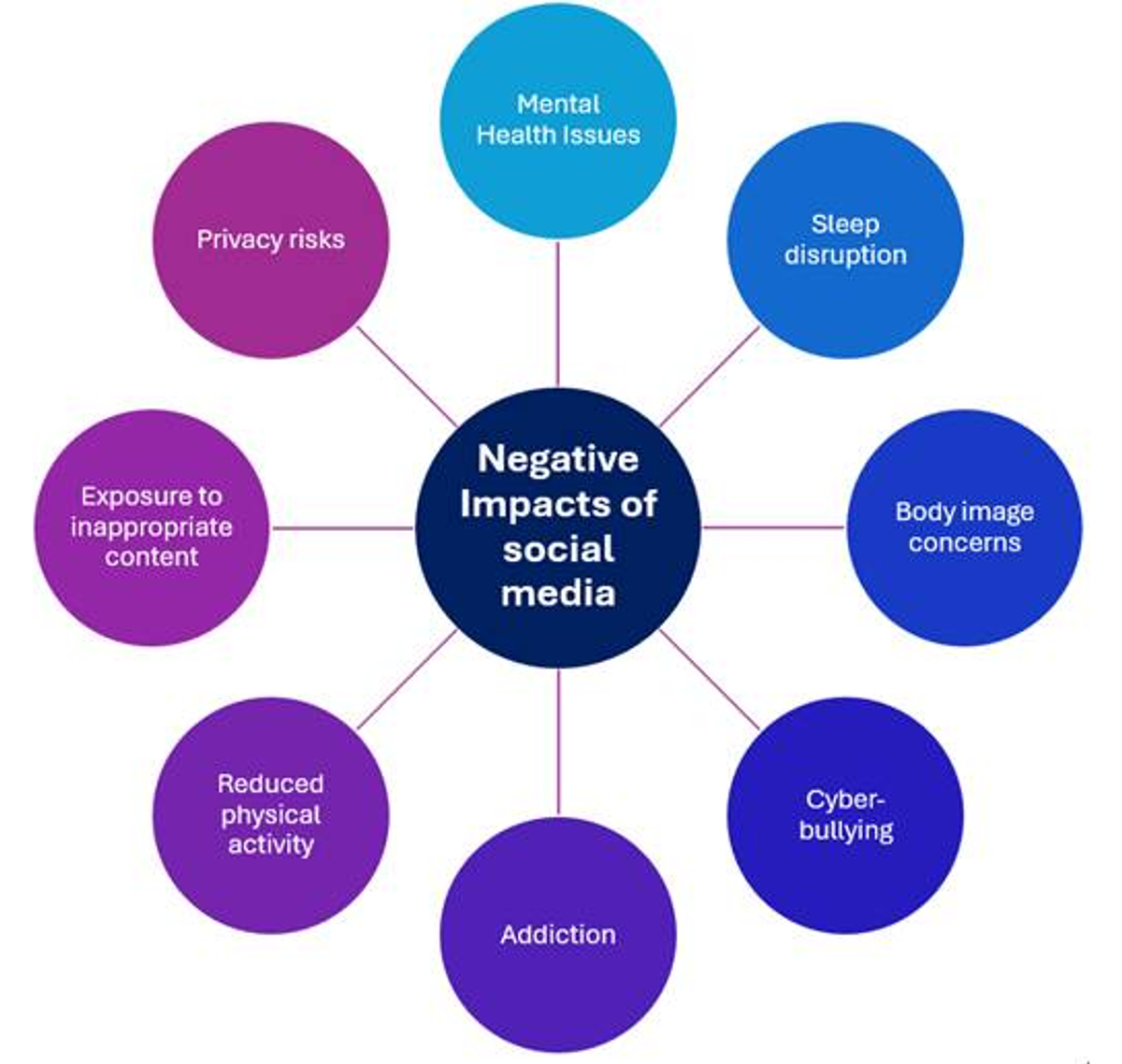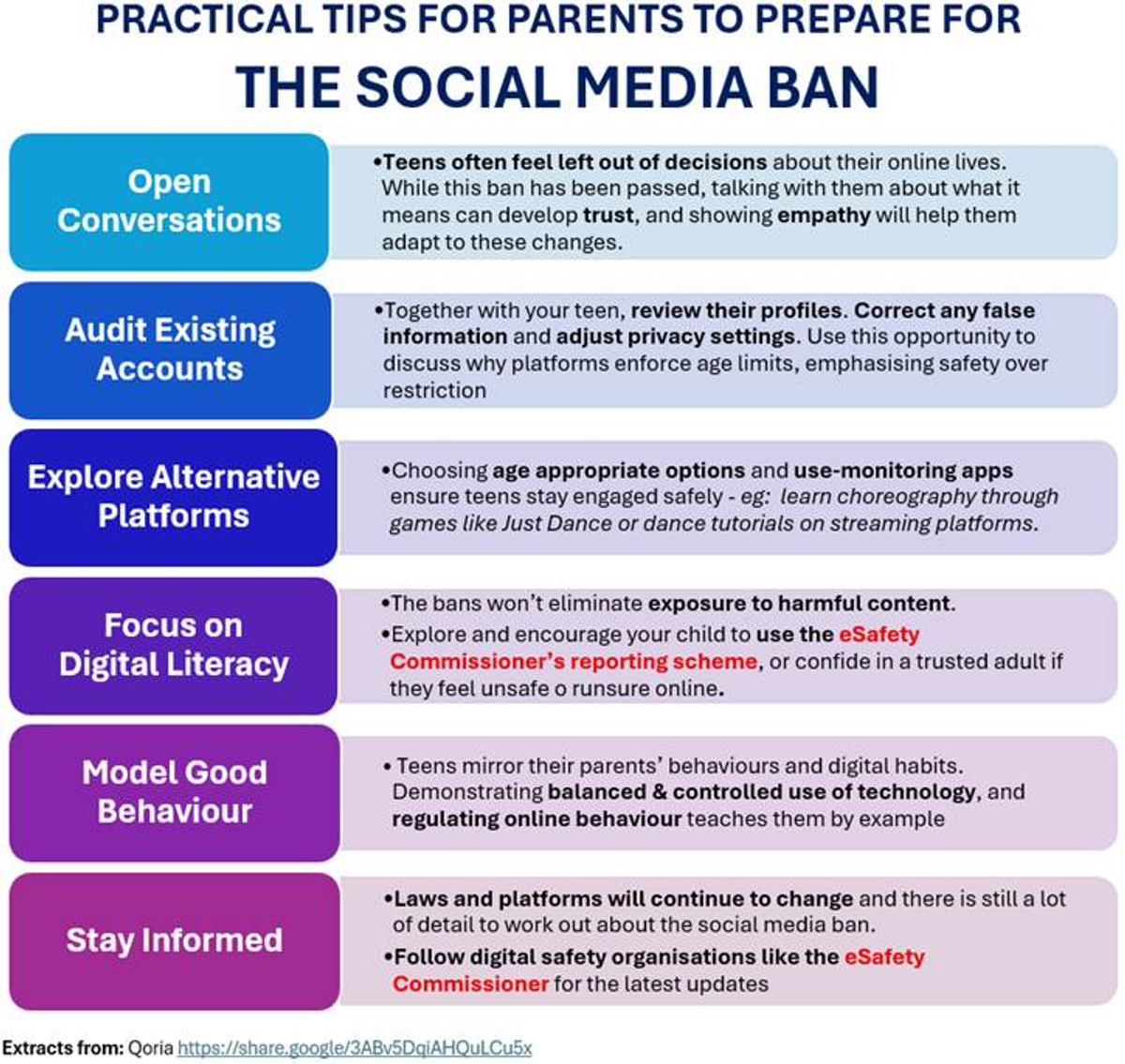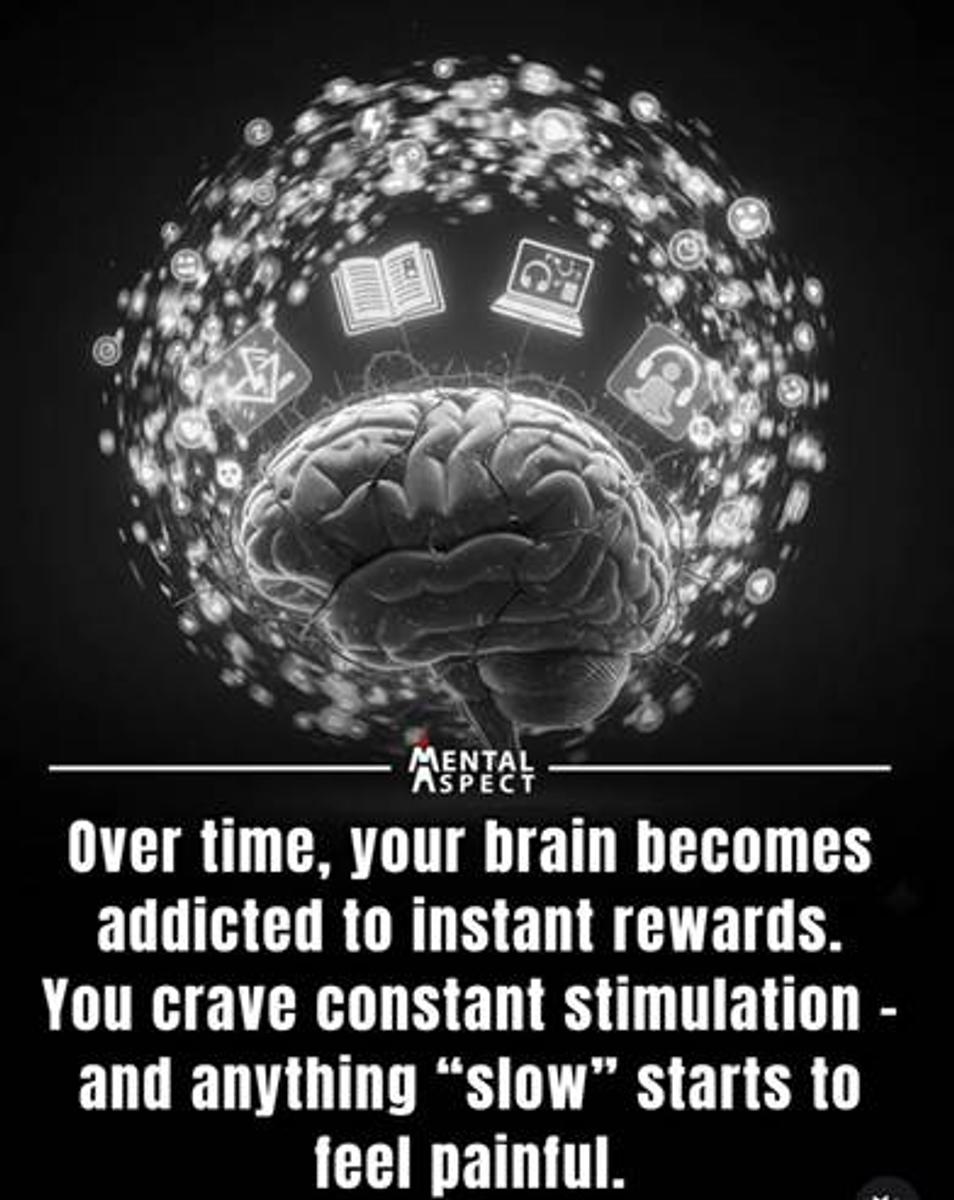Teens & Screens
Digital Habits - tips for parents/carers

Teens & Screens
Digital Habits - tips for parents/carers
The Federal Government’s social media ban from Wed 10 December 2025 may come as a relief for many parents/carers who have long been concerned about the impact of social media on their teens. But teens also share concerns about their ability to connect and socialise with their peers.
Why has the ban been introduced?
Primarily the ban is designed to combat concerns about the negative impact of social media on young people, in particular on their mental health and wellbeing. It is also designed to hold social media platforms responsible for ensuring young people's safety, and the Government believes that delaying account access to those 16 years of age will allow more time for young people to be educated about online risks and how to seek help when needed.


What parents need to know about the ban
Parents will not be able to give their consent for their young people to access social media before they are 16 years of age.
Anyone under 16 years of age that already has accounts will not be allowed on certain social media platforms (these are still to be confirmed by the Government) and accounts will most likely be deactivated by the social media platform.
People under the age of 16 will still be able to see publicly available social media content that doesn't require being logged into an account.
The government has stated that there will not be any punishments for young people or their parents if they break the law by using social media under the age of 16. The responsibility will be on the social media platforms to make sure they follow the rules. However, if teens lie about their age to access banned platforms, they risk exposure to adult content that can cause harm and increase opportunities for exploitation by those that seek to harm others.


How to help your child transition off Social Media
Here are some tips for parents helping teens under 16 years old to transition off social media:
Start Early Conversations: Explain why reducing social media is important for their well-being, using age-appropriate language to help them understand. Keep the dialogue ongoing so teens feel comfortable sharing their experiences and challenges.
Collaborative Planning: Involve teens in creating a clear, manageable plan to reduce usage, so they feel part of the process—not just told what to do.
Encourage Real-Life Connections: Help teens build friendships and social skills through face-to-face activities like sports, clubs, community groups, or family outings.
Limit Device Access: Set up parental controls or app restrictions that gently reduce time spent on social media, with clear explanations about why, and in consultation with your teen.
Offer Alternative Entertainment: Provide books, games, creative projects, garden projects or outdoor activities that engage their interests away from screens.
Be Patient and Supportive: Understand that adjustment can be challenging; listen to their frustrations and provide reassurance.
Model Healthy Habits: Show balanced technology use yourself to set a positive example.
Monitor Mental Health: Watch for signs of anxiety or withdrawal and seek professional support if needed.










Tanya Moran
Leader of Inclusive Practices